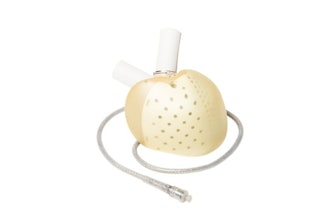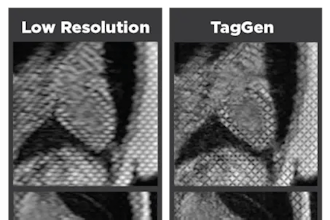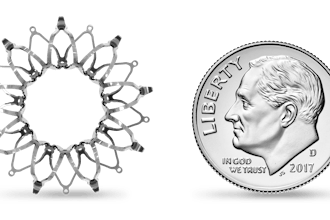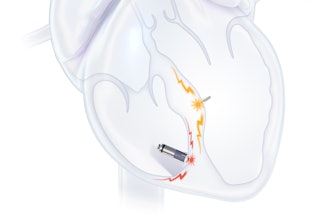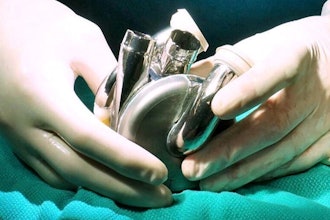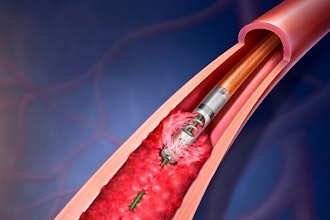
Abbott today announced that the U.S. Food and Drug Administration (FDA) has approved the company's latest-generation transcatheter aortic valve implantation (TAVI) system, Navitor, to treat people with severe aortic stenosis who are at high or extreme risk for open-heart surgery. The Navitor TAVI system is the latest addition to the company's comprehensive transcatheter structural heart portfolio that offers less invasive treatment options to physicians and patients for some of the most common and serious heart diseases.
Aortic stenosis occurs when the aortic valve's opening narrows, restricting blood flow to the body. Left untreated, it can lead to heart failure and death. For patients with severe aortic stenosis who are at high or extreme surgical risk due to the potential complications stemming from age, frailty, or having multiple other diseases or conditions, physicians may opt for a minimally invasive procedure using TAVI therapies such as the Navitor system.
Navitor features a fabric cuff (NaviSeal) to reduce or eliminate the backflow of blood around the valve frame known as paravalvular leak (PVL). Additionally, the new device is the only self-expanding TAVI system with leaflets within the native valve; this design can help improve access to coronary arteries to facilitate future procedures for treating coronary artery disease. The system provides excellent hemodynamics, or blood flow, through the valve. The Navitor device is implanted using Abbott's FlexNav delivery system, which features a slim design to accommodate different patient anatomies and small vessels for stable, predictable and accurate valve delivery and placement.














